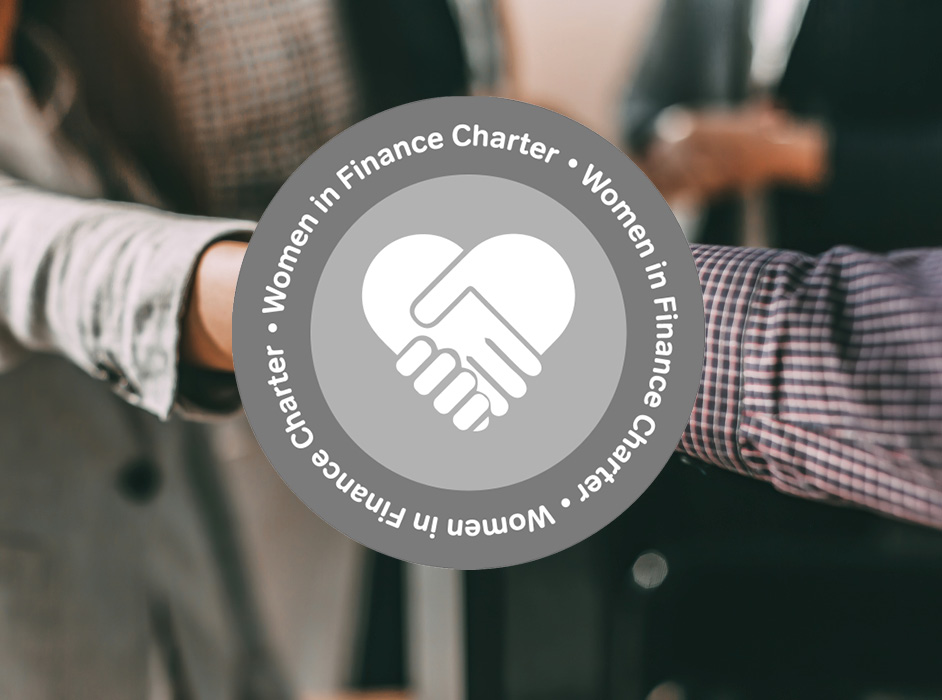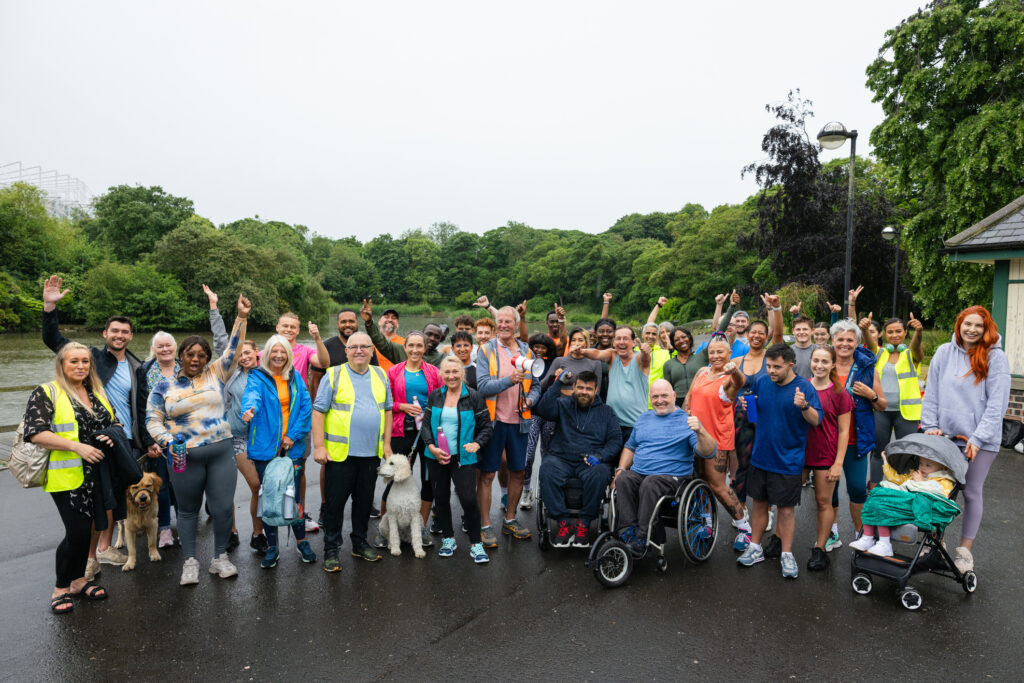
Barrow Cadbury Trust On Socially Responsible Investment
Barrow Cadbury Trust is an independent charitable foundation seeking to bring about a more just and equal society. It has held a £250,000 capital investment in Charity Bank since 2016 and has an Ethical Fixed Rate savings account.
We spoke to Mark O’Kelly, Director of Finance and Administration at Barrow Cadbury Trust, about the foundation’s approach to socially responsible investment.
Barrow Cadbury Trust’s mission is to ‘work with others to bring about structural change for a more just and equal society’. Can you tell us a bit more about that?
Barrow Cadbury’s grandfather was the founder of the Cadbury chocolate business. Barrow and his wife Geraldine were Quakers and believed strongly in social justice. They set up the Trust to channel their giving. Rather than just hand out money to the ‘deserving poor’ they were committed to changing structures. And we’re still true to that approach today.
Our key themes are criminal justice, migration and economic justice. The Transition to Adulthood Alliance, for example, is a campaign to transform the treatment of young adults in the criminal justice system.
We work with charitable partners and other trusts and foundations to bring about structural change, through grants, networks, campaigns and responsible investments.
How do you define responsible investment?
Broadly speaking, responsible investment is about considering environmental, social and governance issues when investing in companies. An investment manager makes sure that companies are acting responsibly to ensure better financial results, as risks that aren’t managed can impact on the long-term value of an investment. From a charity point of view we are looking at the same factors but from an ethical and environmental point of view. So, you might consider whether you want to invest or engage with a fossil fuel company from both an environmental and ethical point of view and also from a financial point of view – there isn’t a long-term future for coal.
What approach do you take to investment?
We have an overarching socially responsible investment policy that sets out what we won’t invest in, for example the arms, tobacco and alcohol sectors. We also try to work with the companies we do invest in to make a positive difference. We engage with companies and policy makers on a broad range of issues including reporting on tax, ensuring people are paid a living wage, gender equality and climate change risks.
We also allocate up to five percent (around £4.5 million) of our overall endowment to social investments in charities and social enterprises that are making a tangible social impact. For us, it’s important that the social impact is wider than just benefiting the people the organisation works with directly. For example, low-cost lending benefits the people being lent to, but it can also help to bring about changes in the market as a whole. We also aim to strengthen the social investment market, including running the Connect Fund which is aimed at making the market more accessible for charities and social enterprises.
Why did you decide to invest in Charity Bank?
We’ve known about Charity Bank since it started and have always seen it as a valuable piece of financial infrastructure for the voluntary sector. Charity Bank only lends to social organisations and often provides loans for projects that traditional banks won’t finance. We could see that our equity investment would have a multiplier effect – enabling Charity Bank to make more loans.
As well as a capital investment, you also have a savings account with Charity Bank. What made you decide to open that?
We need to hold cash in deposits outside our investment portfolio because markets can be volatile, and we didn’t want to be selling investments at a low point in the market. We wanted to spread that money between several ethical deposit holders and to be confident that the money is used for social purposes. Charity Bank ticked that box and also has a competitive rate of interest.
Do you think it’s important for the charity sector to invest and save ethically?
Yes. Obviously, you need to look at the risks and it needs to make financial sense, but if you’re a charity there’s no point doing what you do if you then end up investing in things that cause social harm. You need to think about how you make your money, not just what you do with it.
What approach do you think charities should take if they’re just starting to think about socially responsible investment?
First of all, the trustees need to agree in principle that they want to invest responsibly, and then start looking at the detail of what that means for you as an organisation. There’s a lot of information and support out there that can help. ShareAction’s website has guidance on how to put together a policy. If you are interested in social investment, then there’s the Social Impact Investors Group. It has lots of good resources and enables you to speak to people who are already active in social investment. Just having conversations with people about social investment is a good start.
About Charity Bank
Charity Bank is the loans and savings bank owned by and committed to supporting the social sector. Since 2002, we have used our savers’ money to make more than 1380 loans totalling over £580m to housing, education, social care, community and other social purpose organisations.
Nothing in this article constitutes an invitation to engage in investment activity nor is it advice or a recommendation and professional advice should be taken before any course of action is pursued.


